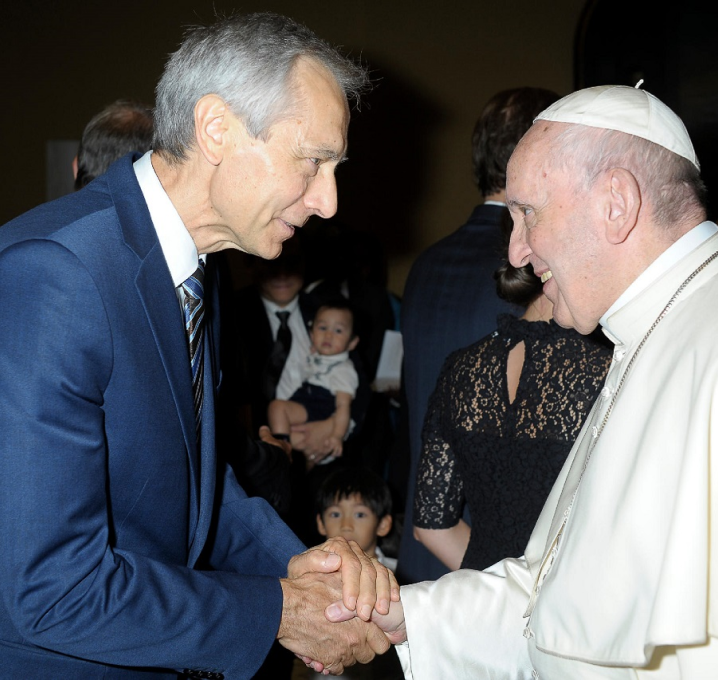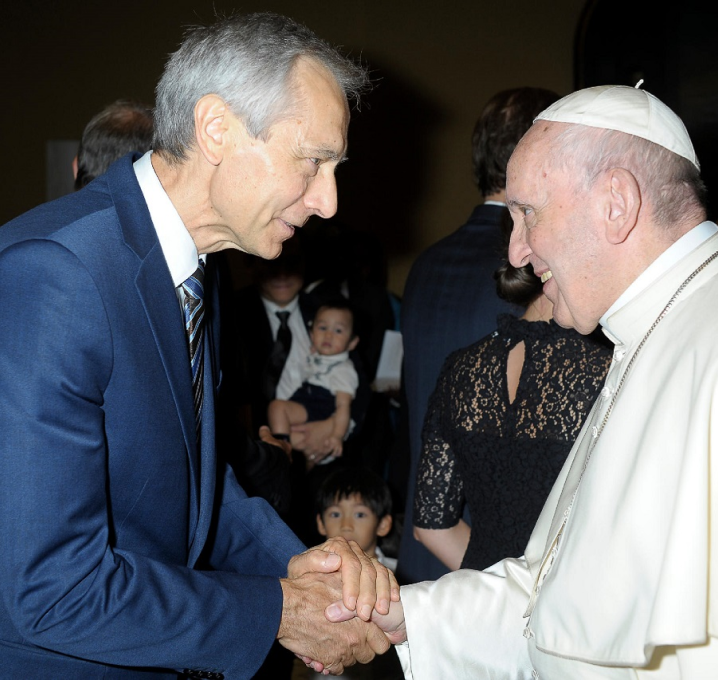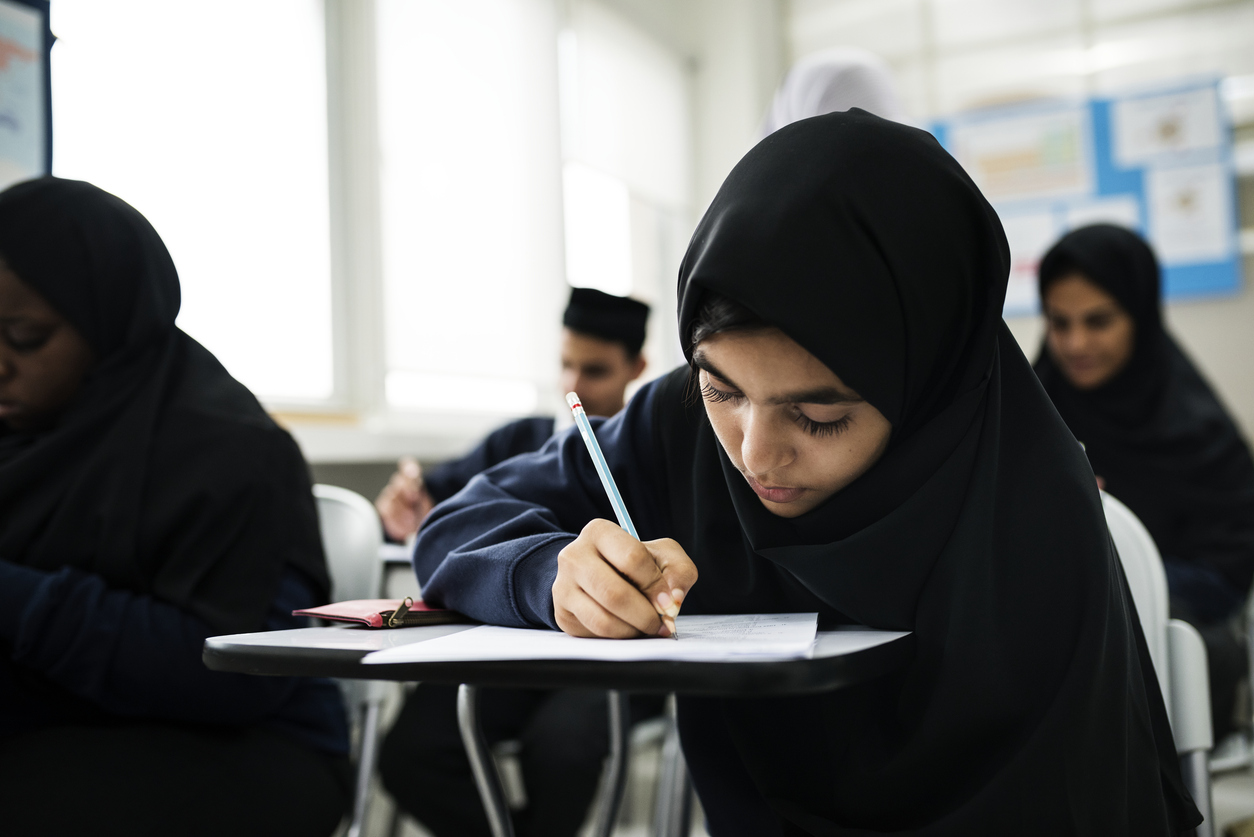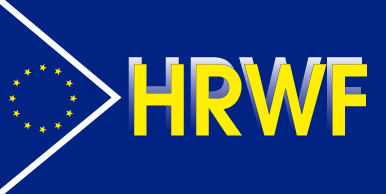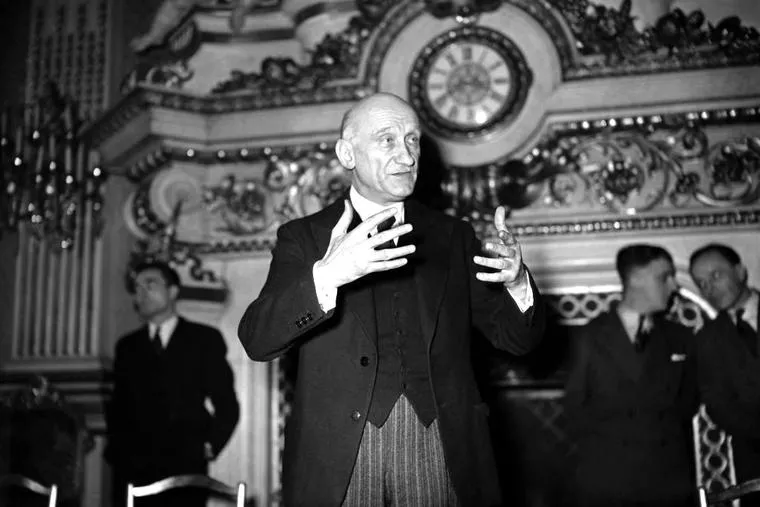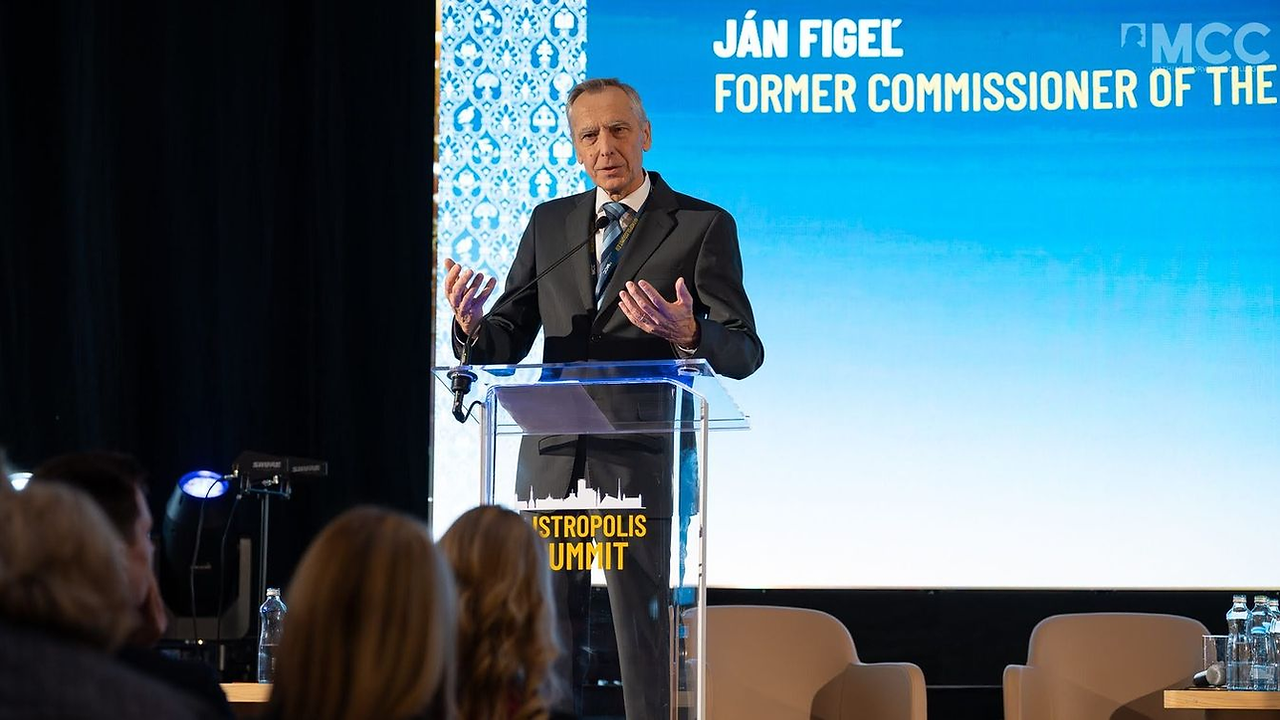Tag: jan figel
-
A Missed Chance To Defend Core Freedoms: ECHR Rejects Worship Ban Case
Last week’s decision from the European Court of Human Rights marks a sobering moment in the struggle to defend fundamental freedoms across Europe. The Court declined to rule on the substance of my challenge to Slovakia’s blanket COVID-19 era worship bans, declaring the case inadmissible on the grounds that I could not be considered a
-
Das stille Streben nach Wahrheit: Jan Figels Mission für Religionsfreiheit
ByNewsdesk Porträt im Glauben Jan Figel hat das Auftreten eines Menschen, der weder in Eile ist noch sich leicht aus der Ruhe bringen lässt. Er strahlt die ruhige Sicherheit eines Menschen aus, der jahrzehntelang komplexe Verhandlungen geführt, heikle Rahmenbedingungen geschaffen und sich still, aber bestimmt für diejenigen eingesetzt hat, deren Stimmen zum Schweigen gebracht wurden. Als
-
La quête tranquille de la vérité : la mission de Jan Figel pour la liberté religieuse
Portrait dans la foi Jan Figel a l’allure d’un homme qui n’est ni pressé ni facilement déstabilisé. Il porte en lui l’assurance tranquille de celui qui a passé des décennies à mener des négociations complexes, à façonner des cadres délicats et à défendre, discrètement mais fermement, ceux dont la voix a été réduite au silence. En
-
The Quiet Pursuit of Truth: Jan Figel’s Mission for Religious Freedom
Portrait in Faith – Jan Figel has the demeanor of someone who is neither in a hurry nor easily rattled. He carries with him the quiet assurance of someone who has spent decades working through intricate negotiations, shaping delicate frameworks, and quietly, but firmly, standing up for those whose voices have been silenced. As the European
-
L’Unione Europea finanzia l’indottrinamento islamista nelle scuole pakistane
Secondo un rapporto del 2024 intitolato Pakistan, Education System, Curriculum and Eu Funding, redatto da Sallux/Ecpm (European Christian Political Movement), tra il 2016 e il 2024, l’Unione europea ha speso più di 150 milioni di euro per l’istruzione in Pakistan. Questo report contiene oltre 40 pagine di brani scelti e immagini tratti da libri di testo scolastici che dimostrano come
-
EU financira obrazovni sustav Pakistana koji promiče islamizaciju i diskriminaciju kršćana
Između 2016. i 2024. godine EU izdvojila je više od 150 milijuna eura za obrazovanje u Pakistanu. Ta informacija objavljena je u izvješću iz 2024. godine pod nazivom Pakistan, obrazovni sustav, kurikulum i financiranje EU-a, koje je sastavio Europski kršćanski politički pokret (Sallux/ECPM). Izvješće ECPM-a sadrži više od 40 stranica isječaka i slika iz pakistanskih udžbenika.
-
Éducation islamiste au Pakistan : l’Union européenne épinglée pour son financement à coup de millions d’euros d’un système contraire à ses propres valeurs
Entre 2016 et 2024, l’Union européenne a versé plus de 150 millions d’euros pour soutenir l’éducation au Pakistan. Un soutien financier massif aujourd’hui remis en question, tant le système éducatif pakistanais, fondé sur l’idéologie islamiste et l’intolérance, contrevient aux principes mêmes que prétend défendre Bruxelles. C’est à l’occasion de la 58e session du Conseil des
-
PAKISTAN: Former EU Special Envoy on FORB spoke on human dignity in Pakistan at the UN
On 26 March, CAP/ Liberté de conscience and Human Rights Without Frontiers organized a side-event about the situation of Human Rights in Pakistan. The keynote speaker was Mr Jan Figel, EU Commissioner for Education (2004-2009) and former EU Special Envoy of Freedom of Religion or Belief (2016-2019). Here are the main insights of his presentation.
-
‘Peace Talks’ Must Go Beyond Ending the War in Ukraine
COMMENTARY: Seventy-five years ago, Robert Schuman’s vision for economic partnership among the combatants of World War II led to the creation of the now 27-member European Union. A new West-East economic and trade community could make Schuman’s goal of lasting peace a reality. March 25, 2025 Peace in Europe is needed and possible. But as
-
„Több mint tíz éve zajlik a második hidegháború”– mondta Ján Figeľ az MCC konferenciáján
Ján Figeľ Szlovákia korábbi Európai Uniós biztosa Pozsonyban az MCC által szervezett Istropolis Summiton arról beszélt, hogy az „az európai béke nem csak szükséges, hanem lehetséges is.” Az írás Ján Figeľ (Szlovákia korábbi Európai Uniós biztosa) beszédének leirata. Elhangzott angolul március 7-én, a Mathias Corvinus Collegium által szervezett Istropolis Summit konferencián, Pozsonyban. *** Az európai


